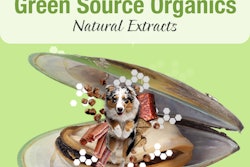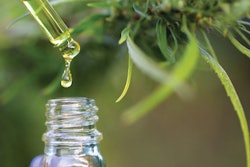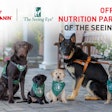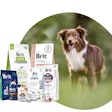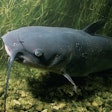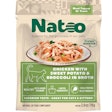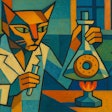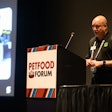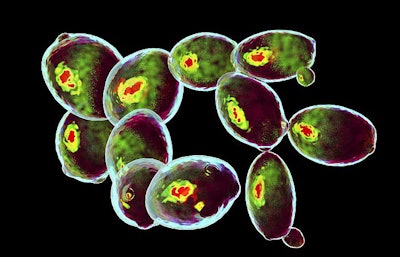
Four pet food ingredient suppliers selected the top ingredient in their company’s profile based on sustainability criteria. As the degradation of the planet’s ecosystems increasingly takes a toll on the human economy, pet owners of all types look for dog, cat and other pet foods and treats made in ways that don’t threaten the future standard of living for humans, pets and other animals. These four pet food ingredients may help brands market their pet foods and treats as sustainable.
Green-lipped mussels help restore ecosystems
“Green-lipped mussels are farmed sustainably in the pristine waters of New Zealand’s Marlborough Sound,” Lawrence Blitz, president of Green Source Organics said. “They are monitored under sustainable aquaculture programs and the Environmental Defense Fund (NZ) has labeled this mussel superfood as, Eco-Best Choice.”
“Green-lipped mussels are cultured from baby sprat and hung in a long mesh net, and seaweed, blue mussels, anemone and other aquatic species grown on the same line which attract fish to the habitat,” he said. “Mussels are also filter feeders that drastically improve the water quality in their surroundings. Our companies are also developing methods to utilize the seaweeds that grow harmoniously with the mussels to further reduce and reuse valuable marine resources in animal nutrition.”
Krill harvests mind whale and other sea life needs
“Krill is a keystone species found in the pristine waters of Antarctic, and the fishery is highly regulated by the Convention for the Conservation of Antarctic Marine Living Resources,” said Sigve Nordrum, executive vice president of animal health and nutrition with Aker BioMarine. “Compared to other fisheries where precautionary catch limits are set to 10% or more, the total allowable krill harvest is limited to 1% of the stock biomass, leaving 99% of the biomass for other predators… In 2010, we were the first krill harvesting company to receive Marine Stewardship Council certification, a science-based set of requirements for sustainable fishing… In 2019, the Antarctic krill fishery was granted an A-rating for the fifth year in a row by the Sustainable Fisheries Partnership, meaning the fishery is in ‘very good condition.’”
Purple corn sustainability certified
“Suntava Purple Corn is one of nature’s richest sources of health-promoting anthocyanins which provides an exceedingly high level of antioxidant activity and protection,” Laura Grinde, Healthy Food Ingredients (HFI) sustainability coordinator said, “All ingredients within our HFI portfolio fall under our sustainability program, Seeds of Sustainability which means ‘good business, good for people, and good for the land.’ Specifically, HFI is part of the Carbon Disclosure Project in which we continually monitor and annually report water and energy use, greenhouse gas emissions, and transportation of ingredients from our HFI facilities. All HFI-owned facilities have completed a Sedex Members Ethical Trade Audit ethical audit.
Brewers yeast repurposes beer brewery outputs
“Since 1881, Emmert has helped breweries operate sustainably by re-purposing previously unusable products and using them to improve animal health,” Elizabeth Barber, F.L. Emmert Company, vice president of corporate development, said. “Brewers yeast also helps the environment as a bee food for better crop health, and can be used as an organic additive to improve soil quality… Owners need confidence that pet food is safe. They like the idea of recycling and sustainability, but they don’t want to feel like they’re feeding their pets recycled ingredients they wouldn’t eat themselves. That presents a unique challenge to pet food manufacturers that do their best to minimize food waste by using leftovers from human food production. Initially people considered ‘left-overs’ from food production to be by-products. Now we recognize these more appropriately named co-products as an essential part of the pet food industry. Brewers yeast is simply a co-product of beer that benefits pets.”



